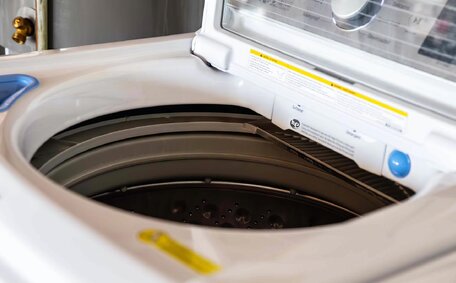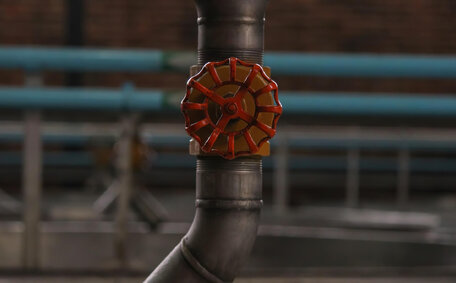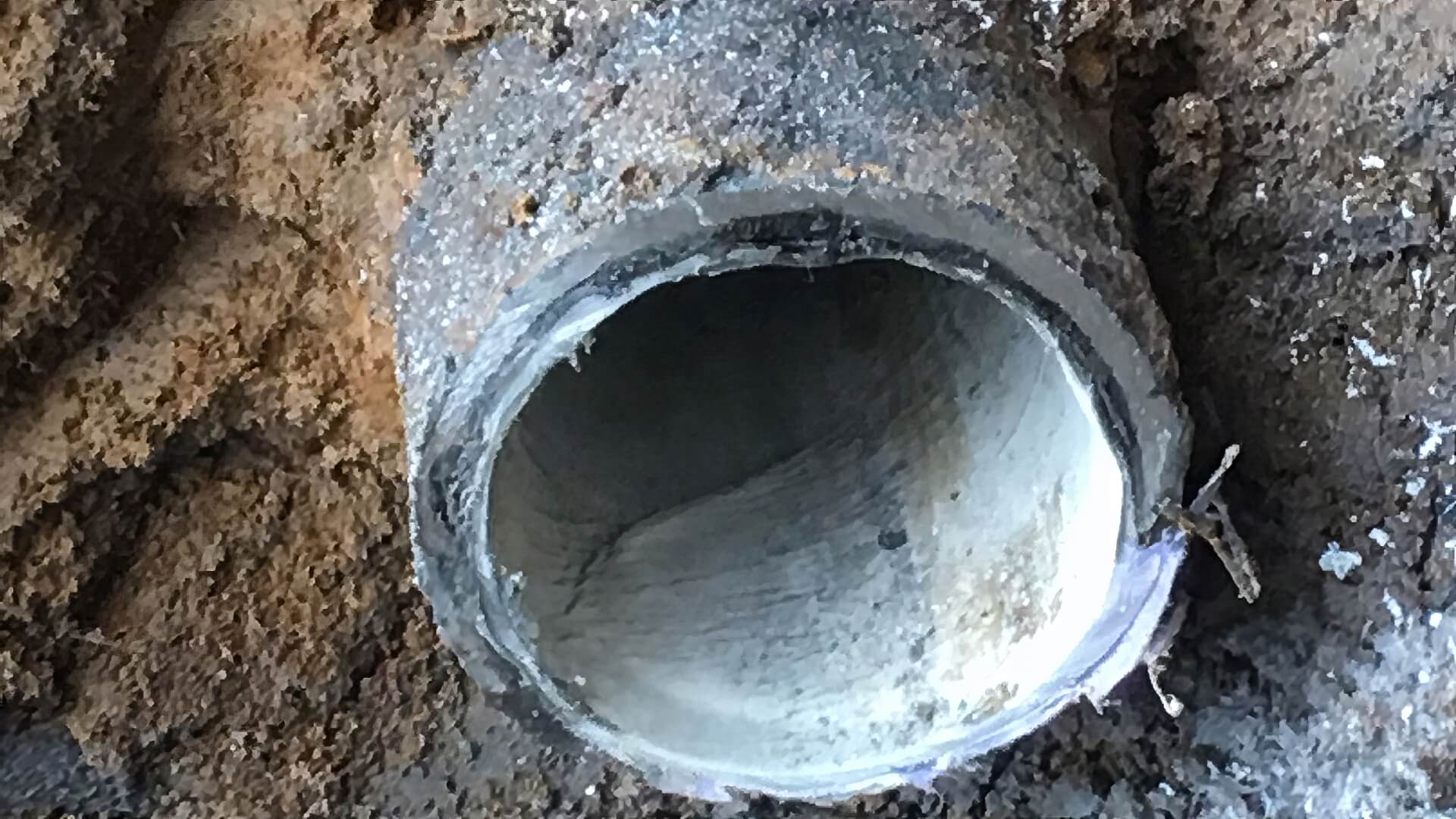In Australia, fitting or repairing gas appliances necessitates adherence to rigorous legal safety requirements. The recent AS/NZS 5601.1:2022 standard specifies the updated gas fitting regulations mandatory for all gas fitters in Australia.
To legally perform gas fitting in Australia, technicians must possess a gas fitter licence corresponding to the specific gas products they service. These licences categorise authorisation for different gas types including natural gas, LP gas, and others.
Certified professionals must comply with safety requirements for inspection, testing, repair, and installation of gas systems as outlined in the standards. On completing work, they need to provide a certificate inspection document to the homeowner, as stipulated by the local gas supplier regulations.
Licensing Requirements to Perform Gas Work
To qualify for a gas work licence, candidates must complete a Certificate III in gas fitting and additional competency units required by the state regulator, followed by a capstone exam.
Gas fitter licences must be renewed every five years to ensure practitioners stay updated with the latest standards and safety mandates. The new AS/NZS 5601.1:2022 aims to improve safety, aligning with the energy safe victoria 2025 gas substitution roadmap to transition buildings from gas to electrical appliances.
Allowed and Prohibited Gas Work Tasks
Licensed gas fitters are authorised to perform an array of gas fitting tasks, such as:
- Installing or replacing gas heaters, cooktops, hot water systems, and other gas appliances
- Servicing and repairing gas appliances
- Checking the integrity of the gas system for any potential leaks
- Issuing compliance certificates confirming a secure gas supply post-work
Performing gas fitting services without a licence is prohibited. Prohibited tasks include:
- Undertaking the installation, service, or alteration of fixed gas appliances, such as cooktops and heaters
- The replacement or relocation of gas meters
- connect new consumer piping to the gas network
- The decommissioning of gas installations
Hiring qualified gas professionals is crucial for the safe operation of gas appliances and compliance with Australian standards. DIY gas fitting can lead to dangerous leaks, explosions, and carbon monoxide poisoning.
Upcoming Changes to Gas Fitting Regulations
There are important updates to Australia’s gas fitting regulations on the horizon with the upcoming AS/NZS 5601.1:2022 standard, taking effect from June 1, 2023. Aimed at enhancing safety and reliability, this standard’s full details are accessible on reputable industry websites.
Key changes in AS/NZS 5601.1:2022 are outlined in the accompanying information sheet and include:
- Stricter procedures for leakage testing and purging of the gas pipe system are now in place
- Updated guidance on isolating and reconnecting existing gas consumer piping during modifications
- New allowances for outdoor gas appliance installation including pool spa heaters
- Revised inspection and certification requirements when decommissioning supply pipes
Gas fitters must undergo updated training and attain necessary qualifications before the June 2023 implementation of the new standard. Consumers should verify the complete certification of technicians when commissioning installations.
The reforms address safety concerns and aim to improve procedures to reduce incidents related to faulty gas work. By strengthening qualifications and creating a unified code for all states, the standard intends to prevent hazardous gas leaks across Australia.
Key National and Local Gas Safety Standards
The key national standard for gas installations in Australia is AS/NZS 5601.1. This outlines the latest technical, safety and testing requirements that all gas fitting work must comply with.
From June 2023, the updated AS/NZS 5601.1:2022 will take effect across Australia. As highlighted earlier, this introduces stricter leakage testing procedures, new allowances for outdoor gas appliances and revised inspection rules when decommissioning gas systems.
In New South Wales, gas fitting work also needs to follow Sydney-specific requirements in AS/NZS 5601.1 regarding consumer piping sizes and isolation valve arrangements. NSW Fair Trading provides additional guidelines for certifying gas work in the state.
Ensuring adherence to AS/NZS 5601.1 along with local Sydney regulations, gas fitters maintain the highest safety standards through meticulous installation and maintenance, effectively minimising risks like leaks and gas poisoning in homes.
Proper Tools, Materials and Procedures
Licenced technicians must use appropriate tools and materials and adhere to AS/NZS 5601.1 procedures for safe, legal gas fitting work.
Essential equipment for gas fitters includes:
- Leak detection devices to actively ensure safety
- Pressure gauges to verify the integrity of pipework
- Spanners, wrenches and pipe cutters
Gas fitters must use regulatory-compliant materials like metallic pipes and valves when installing or replacing appliances. Flexible hoses need to meet the AS/NZS 1869 Class B or D requirements.
Key procedures include:
- Purging to remove air and impurities from pipes as a form of gas leak detection
- Gas leak testing using sanctioned detection techniques
- Issuing a compliance certificate on completing work
Following the standard ensures gas fitters use the proper gear and techniques to deliver safe, leak-free gas systems. Failing to meet requirements risks hazardous faults.
Common Gas Installation and Maintenance Jobs
Certified gas fitters routinely carry out various installation and maintenance jobs to ensure your gas systems in homes and businesses are safe and efficient.
Typical tasks include ensuring your lpg gas installations are efficient and secure:
- Connecting new fixed and portable gas appliances like cooktops, room heaters and hot water systems, along with dependable gas cylinder options
- Installing the essential gas pipes, valves, and fittings for new gas outlets addition
- Converting homes from electric or other fuels with options such as natural gas LPG
- Decommissioning old gas appliances and ensuring gas bottle connections meet regulations
To maintain gas systems, licensed gas fitter professionals undertake activities like:
- Detecting and repairing hazardous gas leaks in pipework or appliances
- Replacing faulty regulators, gas fittings, and valves
- Servicing appliances for heating hot areas such as heaters and stovetops to improve efficiency and safety
- replacing obsolete flexible hoses linked to appliances
- Evaluating flues, including the flue terminal, ventilation, and clearance distances to ensure code compliance
All these tasks must now meet the new requirements outlined in AS/NZS 5601.1:2022 and involve using proper equipment, techniques and materials to prevent risks.
Compliance Certificates, Plates and Reporting
Certified gas fitters are required to issue a compliance certificate within five days of completing gas fitting work, certifying adherence to AS/NZS 5601.1:2022 and applicable local regulations.
The compliance certificate must be in the approved form and display details like:
Gas fitters must attach a compliance plate to new appliances designed for fuel gas prior to handover. This plate records the installer’s licence number, appliance details, installation date, and gas type.
For more about complex jobs, gas fitters may have additional reporting obligations to utilities and energy safety organisations, especially where gas cylinders can impact safety. Work on gas metres or high-risk systems may require special decommissioning paperwork.
Compliance certificates and plates enable traceability of gas work. They provide vital details if any issues emerge and allow checking that qualified professionals carried out the installation or servicing.
The Role of Licensed Gas Fitters in Safety
Licenced gas fitters play an indispensable role in ensuring the safety of gas systems in Australian homes and businesses. By undertaking professional training and gaining certificate compliance, they guarantee to gas your home with installations that meet strict safety standards.
Licensed gas fitters are required to follow the AS/NZS 5601.1:2022 procedures for servicing gas systems. This covers using approved materials and equipment, testing for leaks, issuing compliance certificates and more. Compliance with these regulations is crucial for ensuring safety.
At At Pennant Hills Plumbing, our fully certified and insured team is dedicated to providing safe gas fitting services. Our commitment to licensing, ongoing training, and adherence to compliance standards assures customers of our safe, legally compliant services that comply with Australian standards.
With qualified licensed gas fitters like our team at Pennant Hills Plumbing, you can revel in the peace of mind that comes with a safe and efficient gas system in your new home, safeguarding your loved ones and property.






